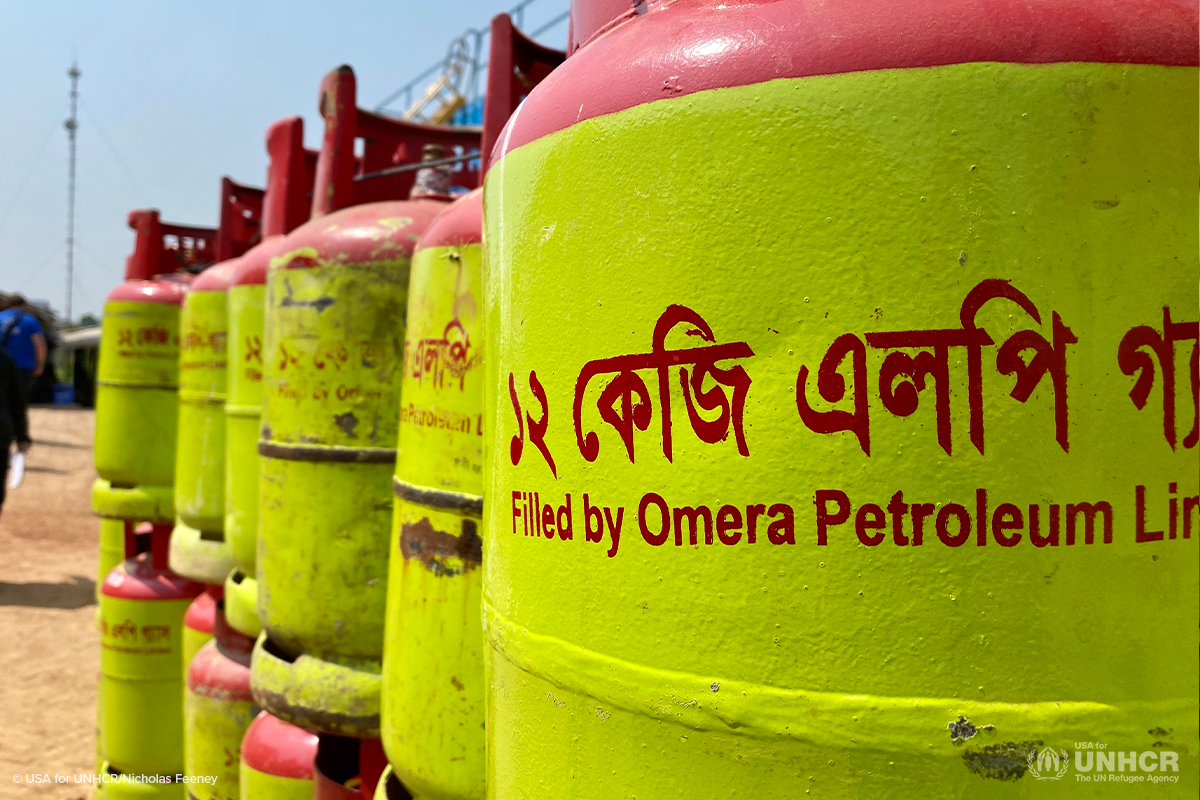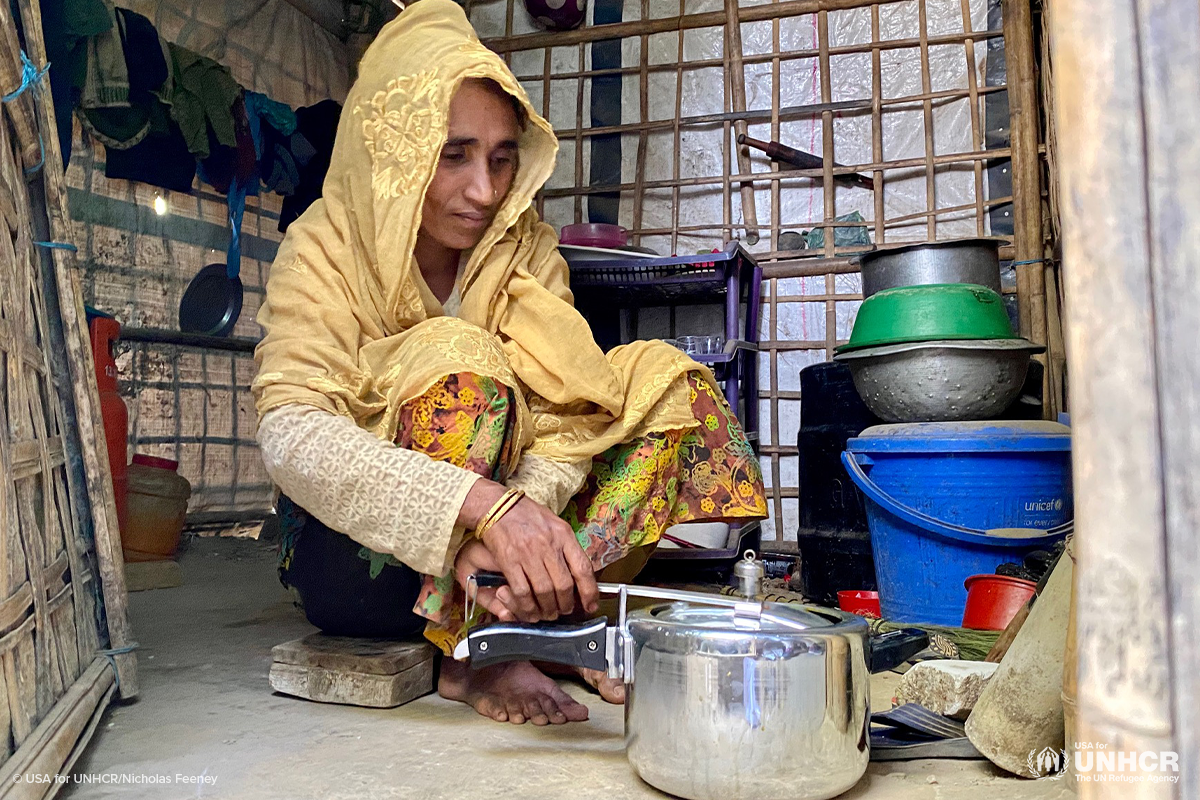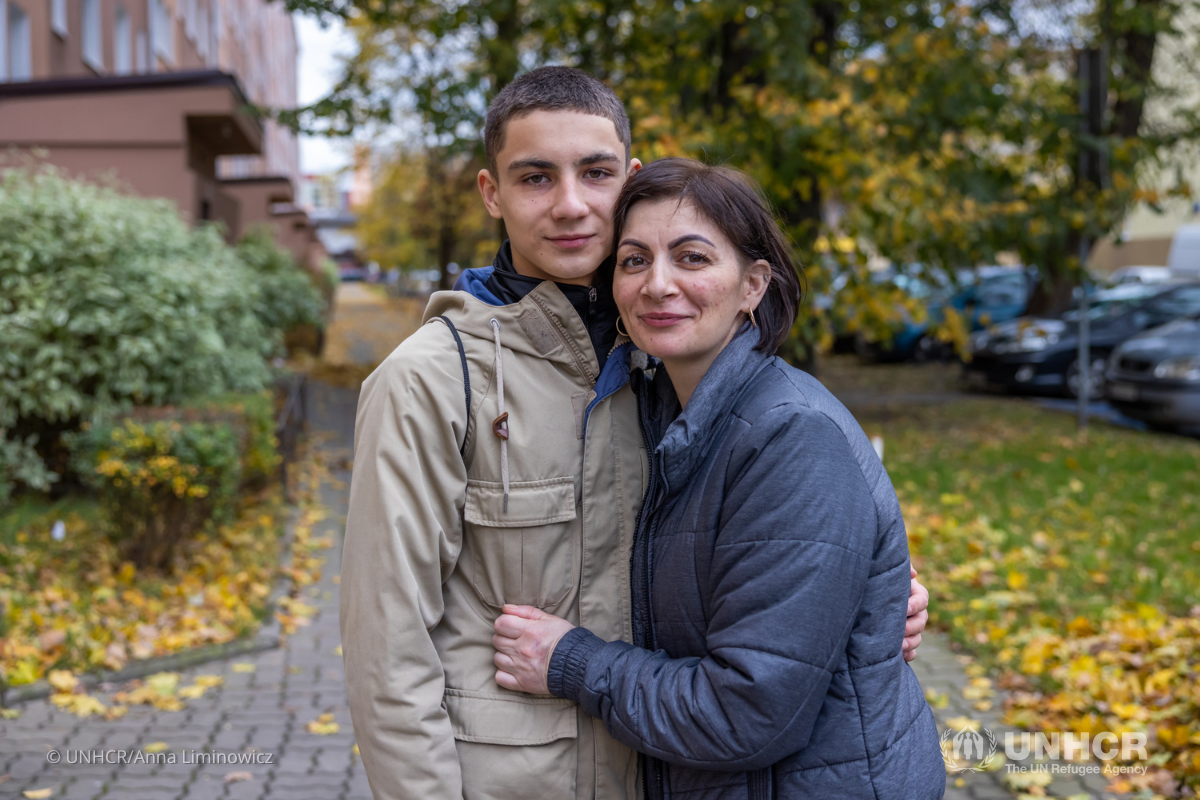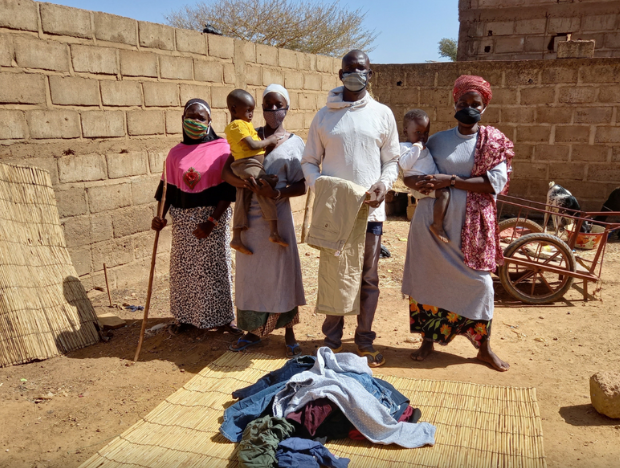Two environmental programs that are greening Kutupalong

For Rohingya refugees, a reliable and sustainable source of energy is not only a matter of convenience, it’s a matter of family, safety and environmental stewardship. Clean energy resources allow Rohingya refugees to cook meals and spend time with their loved ones. Even the simplest of gatherings, like having dinner with family, can provide a sense of home and comfort.
In Kutupalong refugee camp, Rohingya refugees have been able to move away from traditional energy resources and methods, and toward options that ensure the safety of their loved ones and community.
From day one of the Rohingya crisis, access to reliable energy sources was a problem. During the first months of the crisis, firewood was the only option. As available sources quickly depleted, refugees found themselves walking for hours on end searching for firewood. The deforestation of the camp was not only a critical environmental concern, it was also becoming a protection crisis. Longer distances traveled increased the risk of sexual and gender-based violence and kept children out of learning centers.
Beginning in August 2018, UNHCR, in collaboration with partners on the ground, donors and local government, spearheaded an initiative to introduce reusable liquified petroleum gas (LPG) tanks to Rohingya refugees and members of the host community. LPG use among refugees and host community members is paying environmental dividends. Results have shown an 80 percent reduction of firewood use among refugees and a 60 percent reduction in the host community. Reduced reliance on firewood has also improved protection concerns, particularly for women and children.

The increased use of LPG has also made way for more sustainable cooking methods in the camp. Dhola’s (pictured above) family is one of 400 Rohingya refugee families participating in a UNHCR pilot program designed to introduce them to new fuel-efficient cooking methods. Pressure cookers are energy-efficient, use approximately 50 percent less fuel, and refugees participating in the program have reported saving time on cooking.
“I made rice, vegetables and dal the first time I used the cooker,” Dhola shares. “I was a little scared at first, but the food cooked quickly and easily,” she continues, “and my husband and grandson enjoyed, so I was happy.”
The pilot program is also connecting refugees with host community members and diversifying their food habits. Pressure cooker use training is led by a team of Bangladeshi women and covers everything from safety protocols to new recipes. Since pressure cooking is faster and reduces pollution in the kitchen, it’s easier for refugee families to create nutritionally balanced and diverse meals.
How you can help…
Making Rohingya refugee camps safer and more sustainable for the hundreds of thousands of refugees who reside there is an ongoing challenge. UNHCR is constantly looking for ways to improve energy solutions for families, as well as preserve the camp’s environment. By becoming a monthly donor, you can help UNHCR develop programs that will improve life for Rohingya refugees and ensure their health and safety into the future.


